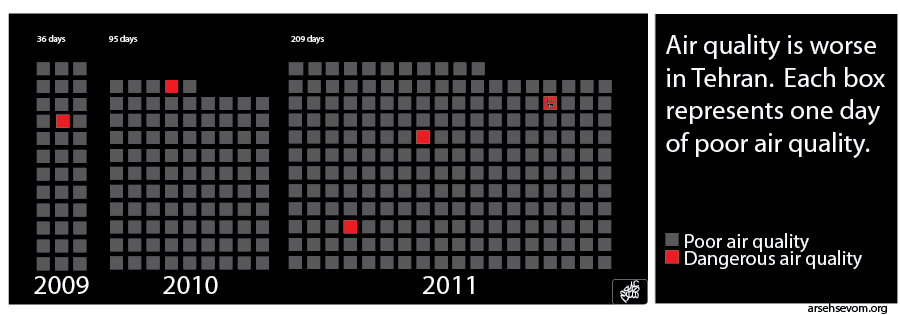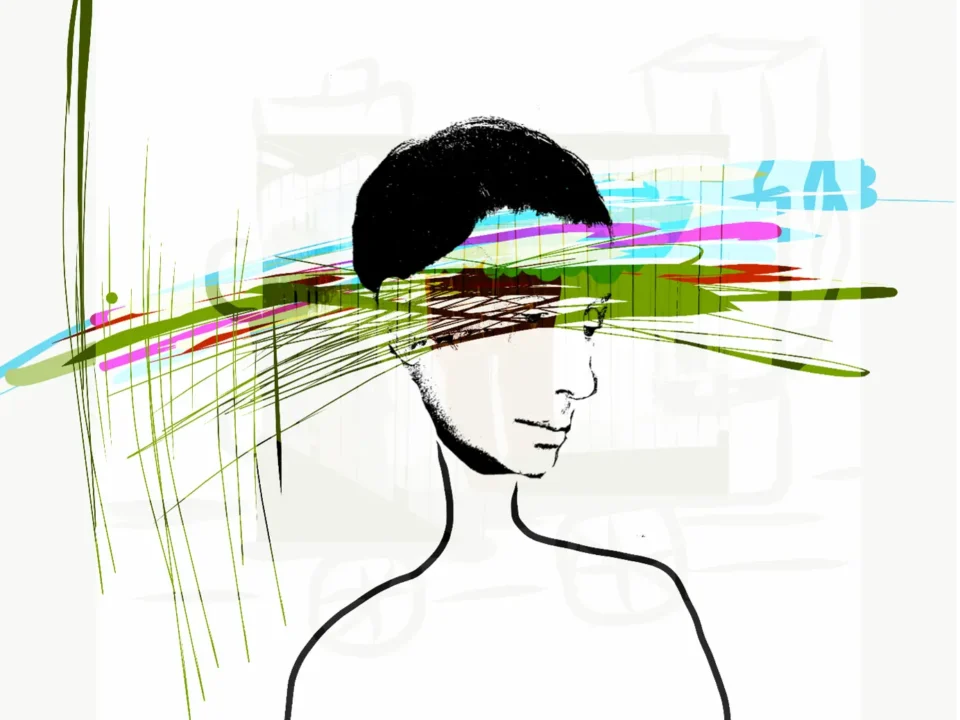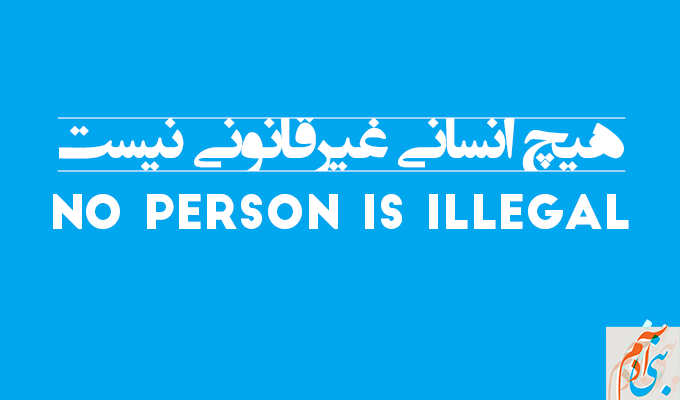Defenders of Human Rights in Iran Mourn the Passing of Asma Jahangir
February 12, 2018
How Past Sanctions Against Iran Impacted Individuals and Families
May 9, 2018Kenya’s Supreme Court becomes the first in Africa to nullify a presidential election
Dar Sahn—In 2017, Kenya’s courts made history when they sided with opposition protests concerning flawed election proceedings favoring the incumbent. A new election was called for and held. The court decision was a landmark for the support of democracy. The result of that decision? Well that’s another story…
On the 8th of August, 2017, Kenyans went to the polls for a national election. The Kenyan electoral commission declared incumbent Uhuru Kenyatta as winner. This victory was challenged through a petition filed by National Super Alliance (NASA) presidential candidate Raila Odinga. On September 1st, Kenya’s judiciary ruled the election of Uhuru Kenyatta as president as null and void.
The NASA coalition had raised key issues regarding the concluded election which convinced the Supreme Court judges to nullify the outcome. Those included defective ballots and other irregularities.
A majority of the six judges hearing the case determined that the election did not adhere to the constitution and election laws and that the irregularities and inconsistencies affected the validity of the results.
There were mixed feelings about the decision and Kenyans expressed their reactions mainly online. NASA leader Raila Odinga supporters took to the streets in Kenya’s capital Nairobi and Mr. Odinga’s stronghold region of Nyanza. A section of Kenyans online expressed diverse reactions on the matter with many praising the judiciary for its independence.
Following the ruling, Mr. Kenyatta was seething during his remarks at a State House meeting shortly after the high court decision. Although he appeared to accept the decision and called on his supporters do to the same, the president was incensed by the judiciary team headed by the Chief Justice David Maraga whom accused of not respecting the will of the people. His harsh remarks were not taken well by many Kenyans who questioned his respect for the rule of law and the independence of the Judiciary.
The ruling offered a glimmer of hope to Kenyans who had lost confidence in the country’s judicial system, which has in the past been accused of lacking integrity and an independence from the executive branch. After the 2007 presidential elections in which Kenyans disputed the outcome, the then supreme court hastily swore in the former President Mwai Kibaki setting off tribal clashes that left at least 1,300 people dead and more than 500,000 displaced families around the country.
While announcing the nullification of the August 8th election results last year, the Supreme Court ordered the electoral body mandated to run elections – the IEBC- to conduct a fresh presidential election within 60 days in strict adherence with the law. The new elections were set for October 26th and were marred by a boycott called by the opposition leader. In calling for the boycott of the re-run, Mr. Odinga remarked that the IEBC failed to make the needed changes as mandated by the Supreme Court to ensure a free and fair election and to avoid the mistakes of the earlier poll.
The landmark ruling by Kenya’s Supreme Court set a precedent in Africa. Never before has a petition to challenge the presidential election succeeded against an incumbent president. Never has it prompted a repeat election. Kenya became the first country in Africa to ever annul a presidential election through the court system. However, the victory for Kenyans and the Judiciary was short lived. Following an appeal by three petitioners who contested the validity of the repeat poll due to low voter turnout, the court unanimously upheld Mr. Kenyatta’s re-election throwing out other petitions on grounds that they were not merited.
Mr. Kenyatta won the repeat election with only 7.4 million votes and with a voter turnout of just 33 percent. There were 19.6 million registered voters for the 2017 election.
In the months since the victory, it seems that things have gone back to normal or even worse in Kenya. The latest anti-democratic decision from the Kenyan presidency was to shut down three of Kenya’s largest private TV channels.
Since the start of 2018, three of Kenya’s largest private TV channels have been taken off air by the government. The three channels planned to air the unofficial inauguration of Odinga, the self-proclaimed people’s president of Kenya. The high court ruled against the decision of the government to take the TV channels off air, but the government did not comply with this ruling. This censorship is the latest development in an election that first brought hope, but has now turned into another defeat for African democracy.
About the writer
Njeri Wangari is a published poet, a writer and a Global Voices author whose interest and work lies at the intersection between the arts, technology, research and media.





